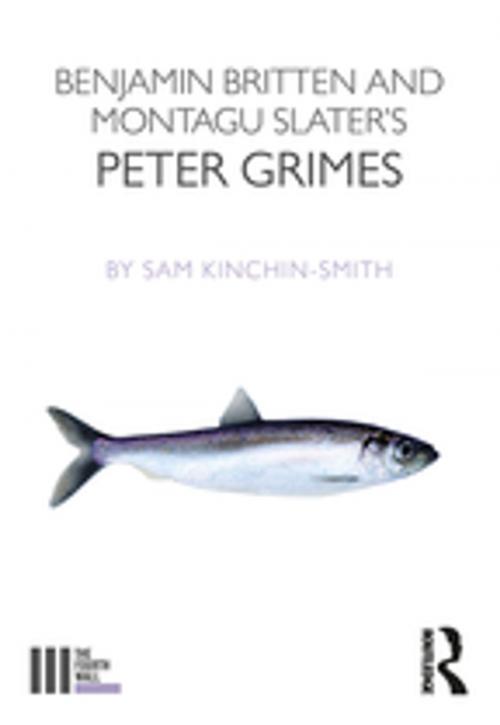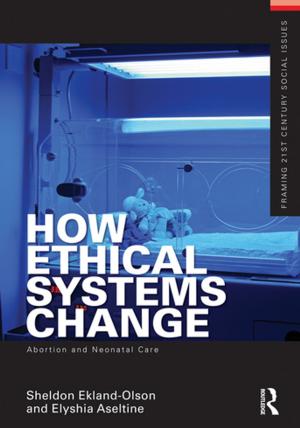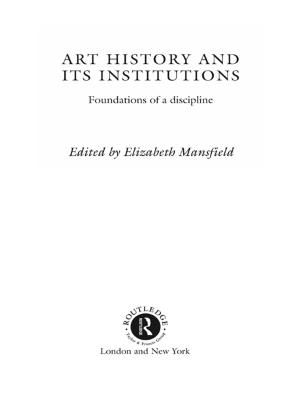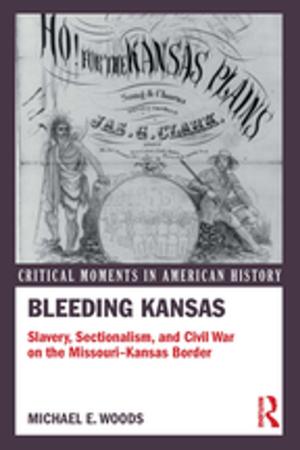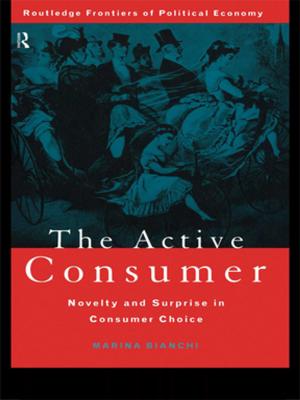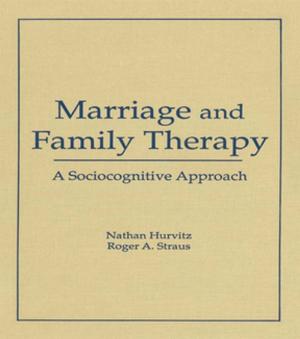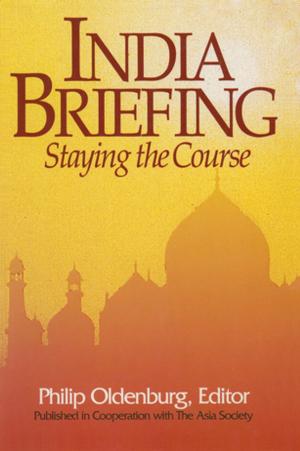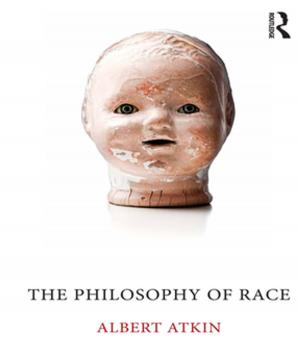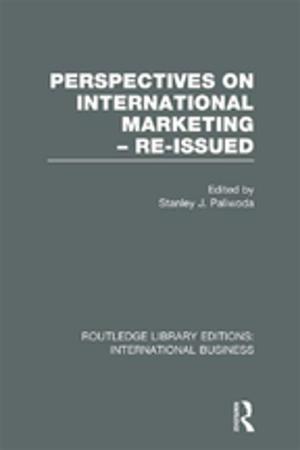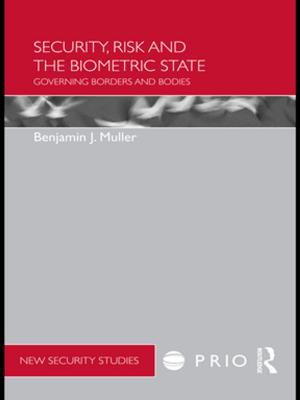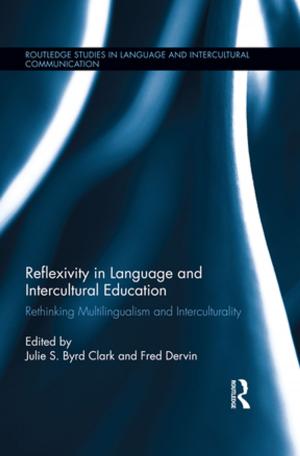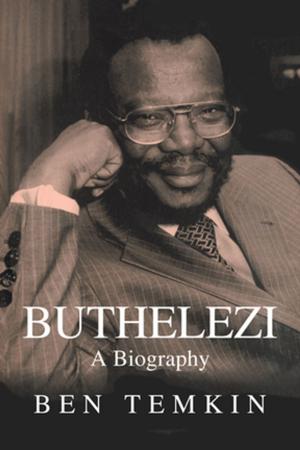Peter Grimes
Nonfiction, Entertainment, Music, Music Styles, Classical & Opera, Opera, Theatre, Performing Arts| Author: | Sam Kinchin-Smith | ISBN: | 9781317192787 |
| Publisher: | Taylor and Francis | Publication: | January 31, 2018 |
| Imprint: | Routledge | Language: | English |
| Author: | Sam Kinchin-Smith |
| ISBN: | 9781317192787 |
| Publisher: | Taylor and Francis |
| Publication: | January 31, 2018 |
| Imprint: | Routledge |
| Language: | English |
ã`Who can turn skies back and begin again?' -Peter ã This book contends that Peter Grimes, widely regarded as one of the greatest and most influential operas of the 20th century, is also one of the British theatre's finest `lost' plays. Seeking to liberate Britten and Slater's work from the blinkered traditions of theatre and opera criticism, Sam Kinchin-Smith poses two questions: If an opera was created like a play, and can be staged as a play, is it a play? If a portion of its success and influence is the product of this newly identified theatrical engine, is it then a great play? The answers involve Wagner and W.G. Sebald, George Crabbe and Complicite, Akenfield and Twin Peaks. Challenging long-established narratives of post-war theatre history, this book makes a compelling case for why practitioners and scholars of performance ought to pay more attention to Britten and Slater's achievement - a milestone of unconventional English modernism - and perhaps to other operatic masterpieces too.
ã`Who can turn skies back and begin again?' -Peter ã This book contends that Peter Grimes, widely regarded as one of the greatest and most influential operas of the 20th century, is also one of the British theatre's finest `lost' plays. Seeking to liberate Britten and Slater's work from the blinkered traditions of theatre and opera criticism, Sam Kinchin-Smith poses two questions: If an opera was created like a play, and can be staged as a play, is it a play? If a portion of its success and influence is the product of this newly identified theatrical engine, is it then a great play? The answers involve Wagner and W.G. Sebald, George Crabbe and Complicite, Akenfield and Twin Peaks. Challenging long-established narratives of post-war theatre history, this book makes a compelling case for why practitioners and scholars of performance ought to pay more attention to Britten and Slater's achievement - a milestone of unconventional English modernism - and perhaps to other operatic masterpieces too.
